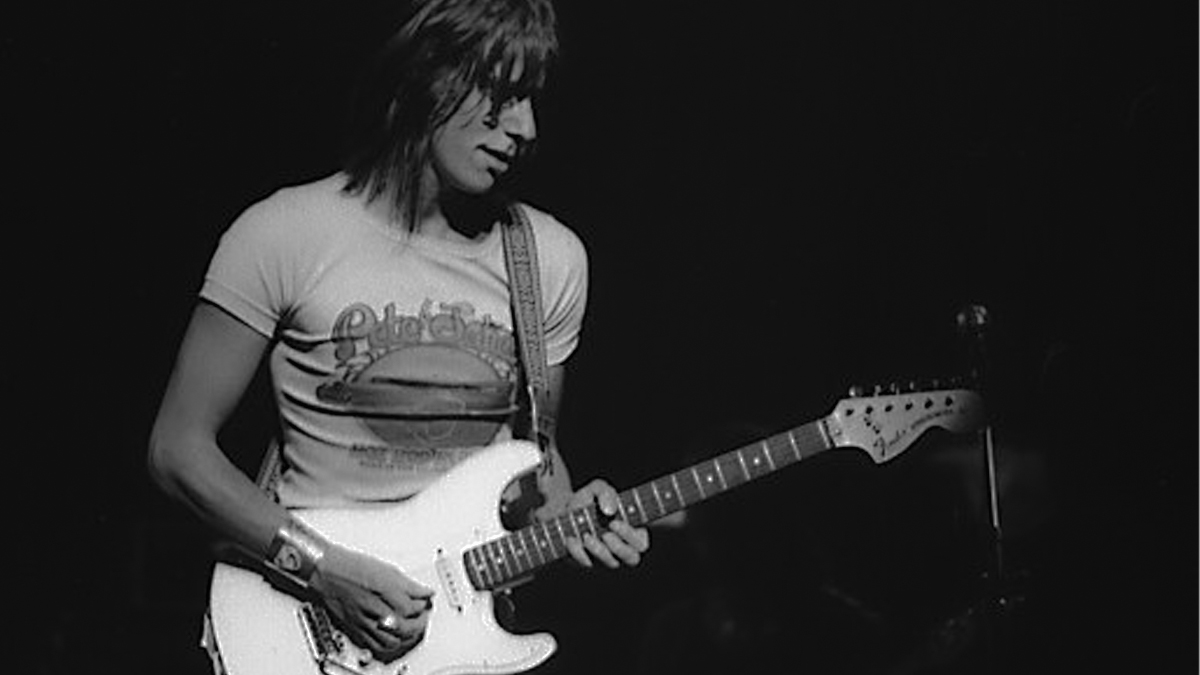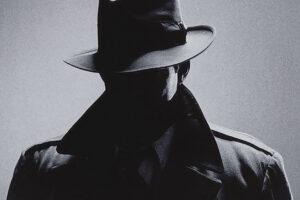The volume was intense. Hundreds of kids were rushing right up to the edge of the main stage like a giant wave, while the young, new musicians stood their ground and played strange pounding notes with fantastic speed and a supersonic energy that pushed the audience back into their seats until they caught their collective breath and rushed right up again.
They both held on. Ethan leaned close and yelled in Sal’s ear, “This is fucking great!” Sal looked back at Ethan, his face sweaty and amazed. The stars of a whole new universe were leaping back and forth on the very same stage that had once taken the “A Train” with Duke Ellington and had heard John Coltrane articulate a new musical definition of “cool.” But these new warriors didn’t hide behind shiny Steinways or hold their dented horns gingerly to swollen lips; instead they strapped electric guitars over thin shoulders so they hung like six guns on their bony hips—their Fender Stratocaster’s hard wired to giant stacks of Marshall amplifiers that blasted sound waves so loudly they shook the ground beneath them. Now the stage looked like the inside of a giant fuse box, littered with great piles of amplifiers and dozens of musical tools with strange names like Fuzz Tone and Wah Wah. The night before Sal and Ethan, fueled by the last of Ethan’s mother’s Dexedrine, had talked endlessly about the Jazz scene at Newport and what hallowed ground it was. Now it looked like all bets were off.
Onstage Jeff Beck was all tight jeans and restless energy. Beck had taken the music that had once defined the black experience and shoved it through a thousand watts of electric power. Ethan’s heart pounded—now there was no doubt in his mind that the old leaders of American music—pop, jazz, swing, blues or whatever his music teachers wanted to call it—had finally fallen.
Up front, a young kid named Rod Stewart stomped the stage with boy/girl hair and a giant, gangly British soccer body—his voice was crusty and incredible. Beck’s guitar echoed that sound with a supernatural agility, his mind-bogglingly fast fingers leaving the old strummers backstage dumbstruck and wondering where this was all going to lead.
 Professor Dean Goldberg is the Director of the Communication, Art and Digital Media program at Mount Saint Mary College, a private liberal arts college in upstate New York. He spent more than half of his adult life as a film editor, writer and director for film and television and has written articles and reviews on film production and film theory. His article ‘More Than a Touch of Madness’ on Donald Cammell and Nicolas Roeg’s film Performance (1970) appeared in issue 15.3 of Film International. He is currently working on a book about the Hollywood Blacklist for Fairleigh Dickenson University Press to be published late ’22.
Professor Dean Goldberg is the Director of the Communication, Art and Digital Media program at Mount Saint Mary College, a private liberal arts college in upstate New York. He spent more than half of his adult life as a film editor, writer and director for film and television and has written articles and reviews on film production and film theory. His article ‘More Than a Touch of Madness’ on Donald Cammell and Nicolas Roeg’s film Performance (1970) appeared in issue 15.3 of Film International. He is currently working on a book about the Hollywood Blacklist for Fairleigh Dickenson University Press to be published late ’22.



